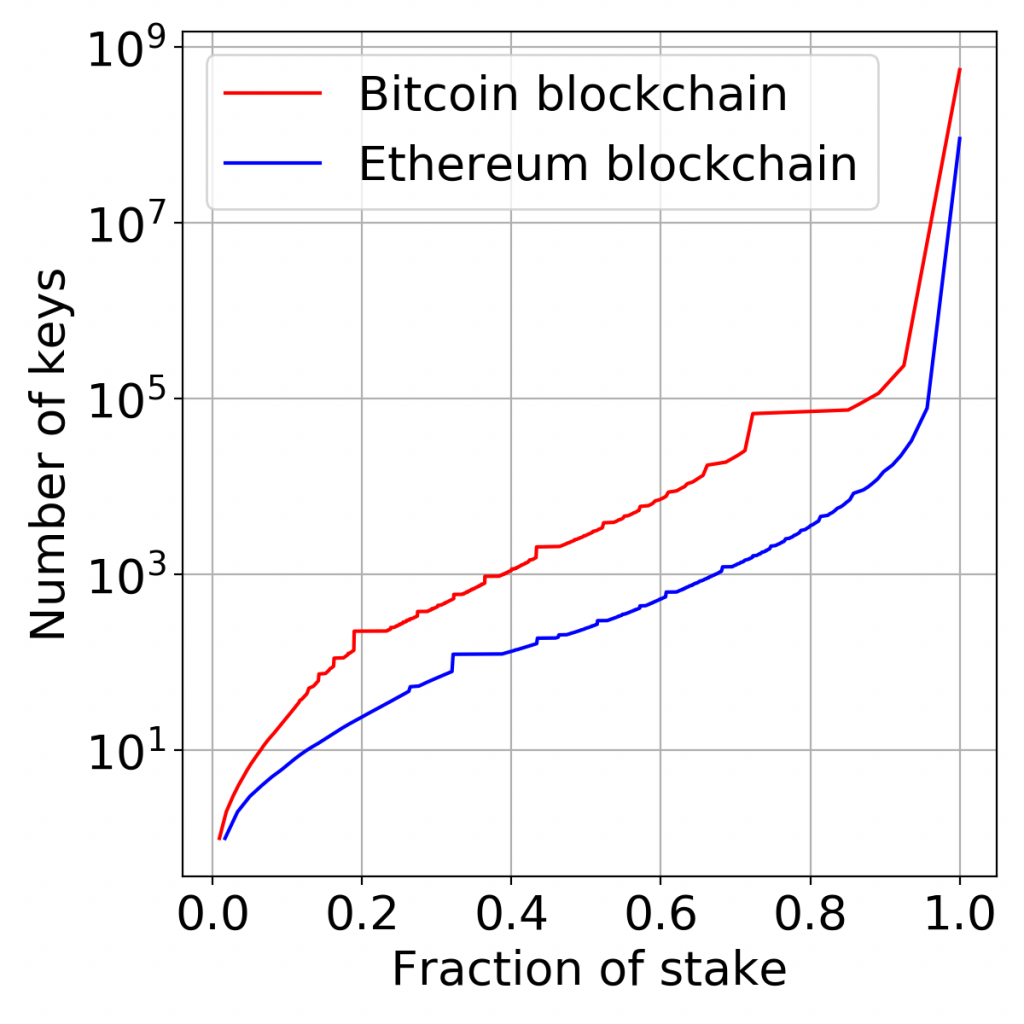Facebook has attracted attention through the announcement of their blockchain-based payment network, Libra. This won’t be the first payment system Facebook has launched, but what makes Facebook’s Libra distinctive is that rather than transferring Euros or dollars, the network is designed for a new cryptocurrency, also called Libra. This currency is backed by a reserve of nationally-issued currencies, and so Facebook hopes it will avoid the high volatility of cryptocurrencies like Bitcoin. As a result, Libra won’t be attractive to currency speculators, but Facebook hopes that it will, therefore, be useful for its stated goal – to be a “simple global currency and financial infrastructure that empowers billions of people.”
Reducing currency volatility is only one step towards meeting this goal of scaling cryptocurrencies to billions of users. The Libra blockchain design addresses how the network can maintain the high throughput and low transaction fees needed to compete with existing payment networks like Visa or MasterCard. However, a question that is equally important but as yet unanswered is how Facebook will develop a secure authentication and fraud prevention system that can scale to billions of users while maintaining good usability and low cost.
Facebook designed the Libra network, but in contrast to traditional payment networks, the Libra network is open. Anyone can send transactions through the network, and anyone can write programs (known as “smart contracts”) that control how, and under what conditions, funds can move between Libra accounts. To comply with anti-money-laundering regulations, Know Your Customer (KYC) checks will be performed, but only when Libra enters or leaves the network through exchanges. Transactions moving funds within the network should be accepted if they meet the criteria set out in the applicable smart contract, regardless of who sent them.
The Libra network isn’t even restricted to transactions transferring the Libra currency. Facebook has explicitly designed the Libra blockchain to make it easy for anyone to implement their own currency and benefit from the same technical facilities that Facebook designed for its currency. Other blockchains have tried this. For example, Ethereum has spawned hundreds of special-purpose currencies. But programming a smart contract to implement a new currency is difficult, and errors can be costly. The programming language for smart contracts within the Libra network is designed to help developers avoid some of the most common mistakes.
Facebook’s Libra and Securing the Calibra Wallet
There’s more to setting up an effective currency than just the technology: regulatory compliance, a network of exchanges, and monetary policy are essential. Facebook, through setting up the Libra Association, is focusing its efforts here solely on the Libra currency. The widespread expectation is, therefore, at least initially, the Libra cryptocurrency will be the dominant usage of the network, and most users will send and receive funds through the Calibra wallet smartphone app, developed by a Facebook subsidiary. From the perspective of the vast majority of the world, the Calibra wallet will be synonymous with Facebook’s Libra, and so damage to trust in Calibra will damage the reputation of Libra as a whole.
Continue reading Beyond Regulators’ Concerns, Facebook’s Libra Cryptocurrency Faces another Big Challenge: The Risk of Fraud







